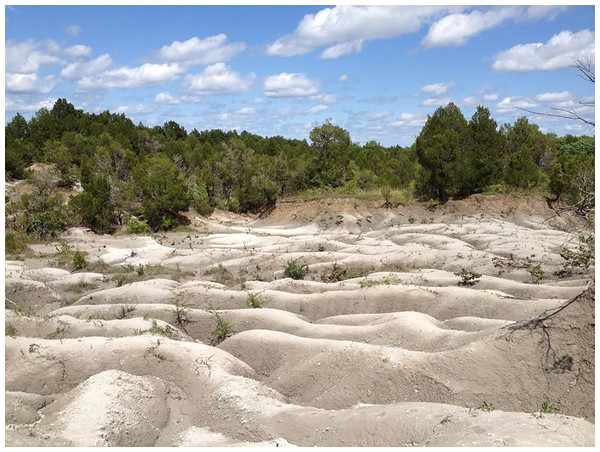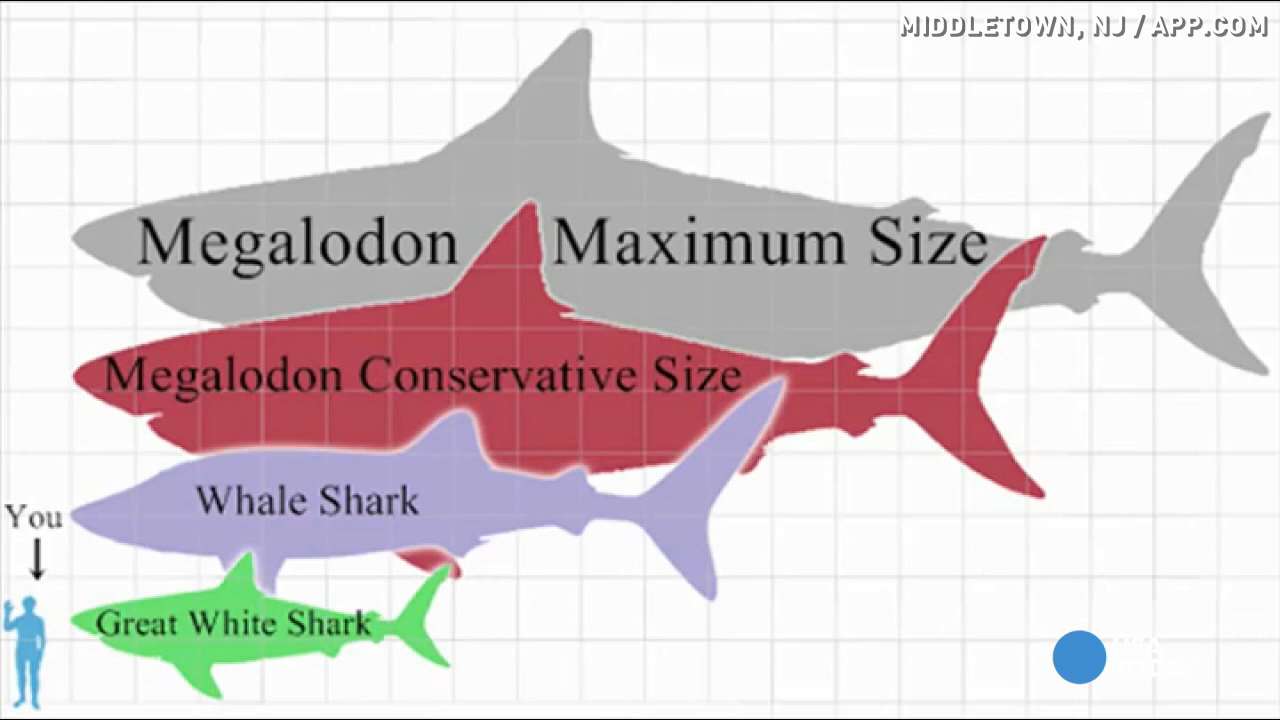Sharks swam in Alabama’s inland seas; now one is named for Bear Bryant.
Reading time: 2 minutes

Imagine a time when Alabama was at least partially covered by a sea and huge woolly mammoths and mastodons roamed the land…and a shark now named after legend Paul “Bear”Bryant swam in the waters. Meet Cretalamna bryanti.
In Birmingham, January 8 scientists announced the discovery of a new species of “mega-toothed” shark. Paleontologists and scientist from Birmingham’s McWane Science Center and the Alabama Museum of Natural History in Tuscaloosa have found at least 33 teeth from a previously unknown species of shark.
Cretalamna bryanti
This shark has been named the Bryant Shark in honor of legendary Alabama coach, Paul Bear Bryant, whose family are long-time supporters of the Mcwane Science Center and the Natural History Museum in Tuscaloosa. The naming of this ancient species honors the entire Bryant family.

This specific species of shark, Cretalamna bryanti, roamed the waters of Alabama’s inland seas about 83 million years ago, during the same time that dinosaurs roamed the earth.

The Bryant shark is a member of the same family of sharks, the Otodontidae, an extinct family of mega-toothed sharks that appeared 100 million years ago and included legendary the 60 foot Megalodon. Imagine that guy pulling at your line while you’re fishing in Alabama!

Scientist believe that the newly discovered Bryant Shark was not just in the same family sub-category as the biggest shark ever to swim the waters, but was in fact a direct ancestor.

Scientist have discovered 30 different teeth fossilized in rocks found in central Alabama. The shark teeth have been collected over a 40 year span and all of them can be viewed at the Mcwane Science Center.
What an exciting discovery, and a great reminder that nothing stays the same. Hard to imagine Alabama covered by salty inland seas.

![Birmingham opens first All-Inclusive Playground at Bessie Estell Park [PHOTOS] Birmingham opens first All-Inclusive Playground at Bessie Estell Park [PHOTOS]](https://i0.wp.com/bhamnow.com/wp-content/uploads/2025/10/IMG_4305-scaled-e1760738341642.jpg?fit=768%2C402&quality=89&ssl=1)

